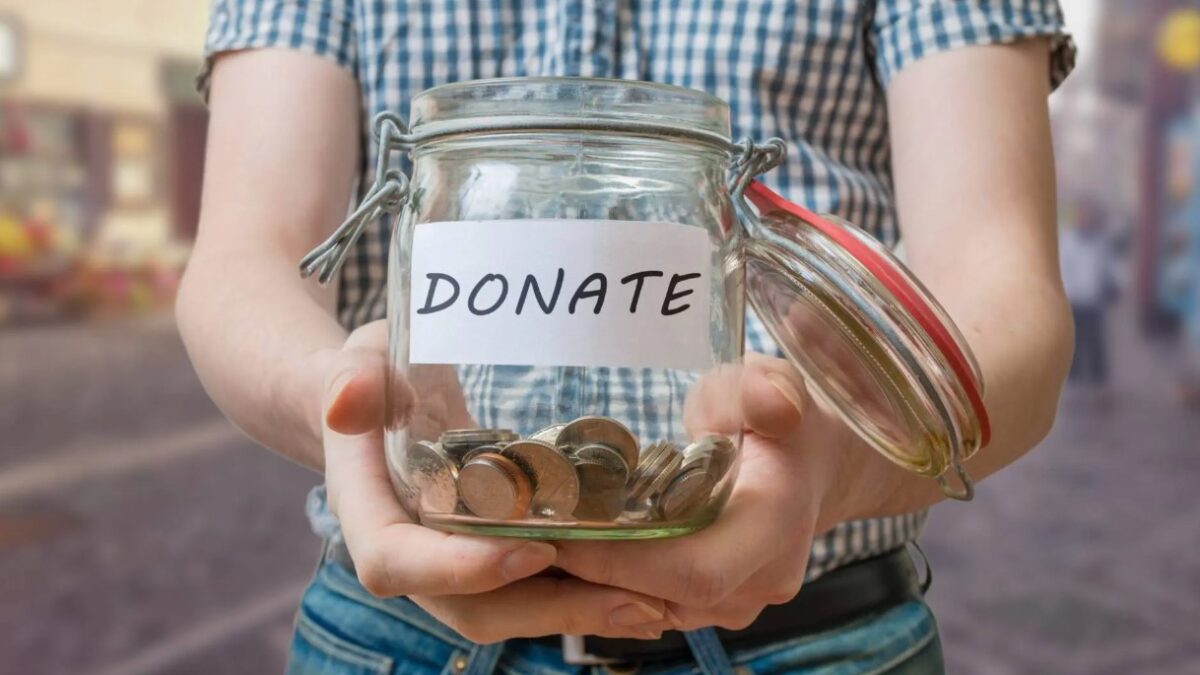Fitrana, also known as Zakat al-Fitr, is a significant aspect of Ramadan, the holiest month in the Islamic calendar. Muslims around the world eagerly anticipate this time of spiritual reflection, fasting, and giving. Fitrana is a mandatory charity that holds deep religious and social significance. Understanding why Muslims give Fitrana donation involves delving into Islamic teachings, community welfare, and the broader ethos of generosity.
Religious Obligation:
At the core of giving Fitrana lies the religious obligation prescribed in Islamic teachings. Zakat al-Fitr is considered a mandatory form of charity for every Muslim who possesses the means to give. It serves as a purification of one’s wealth and an expiation for any shortcomings or mistakes made during Ramadan. This obligation is deeply rooted in the Quran and the Hadith (sayings and actions of the Prophet Muhammad), emphasizing the importance of helping those in need and fostering social cohesion within the Muslim community.
Solidarity and Brotherhood:
Muslims give Fitrana as a demonstration of solidarity and brotherhood among believers. By partaking in this communal act of charity, Muslims reaffirm their commitment to supporting one another, especially during times of celebration like Eid al-Fitr, which marks the end of Ramadan. Fitrana creates a sense of unity and compassion, transcending geographical and cultural boundaries, as Muslims worldwide contribute to the welfare of the less fortunate members of their community.
Meeting Basic Needs:
The Fitrana donation plays a crucial role in meeting the basic needs of the less privileged segments of society. In many cases, it enables impoverished individuals and families to celebrate Eid with dignity by providing them with essential food items or monetary assistance. This act of giving ensures that everyone, regardless of their economic status, can enjoy the festivities of Eid and experience a sense of belonging within the Muslim community.
Fulfilling Social Responsibility:
Muslims view giving Fitrana as a fulfillment of their social responsibility towards the less fortunate. Islam places a strong emphasis on caring for the vulnerable members of society, including orphans, widows, and the poor. By contributing to Fitrana, Muslims actively engage in the redistribution of wealth, thereby reducing socioeconomic disparities and fostering a more equitable society based on compassion and justice.
Expressing Gratitude:
Giving Fitrana is also a way for Muslims to express gratitude for the blessings they have received throughout Ramadan. By acknowledging their privilege and sharing a portion of their wealth with those in need, Muslims cultivate a spirit of gratitude and humility. This act of giving serves as a reminder of the importance of gratitude in Islam and encourages individuals to be mindful of their blessings while remaining empathetic towards those who are less fortunate.
Cleansing the Soul:
In addition to its material benefits, Fitrana holds spiritual significance for Muslims. It serves as a means of cleansing the soul from any impurities or sins accumulated during Ramadan. By giving charity, Muslims seek purification and forgiveness, striving to emulate the noble qualities of generosity and compassion exemplified by the Prophet Muhammad. Fitrana offers believers an opportunity for spiritual growth and self-reflection, reinforcing the values of humility, empathy, and altruism.
Promoting Social Justice:
Fitrana donation contributes to the promotion of social justice within Muslim communities and beyond. By addressing the needs of the marginalized and disadvantaged, Muslims actively participate in the pursuit of a more just and equitable society. This commitment to social justice aligns with the teachings of Islam, which emphasize the importance of standing up for the rights of the oppressed and advocating for fairness and equality in all aspects of life.
Continuation of Tradition:
Giving Fitrana is deeply ingrained in Islamic tradition and heritage. Muslims have been fulfilling this obligation for centuries, passing down the practice from generation to generation. This continuity reflects the enduring values of compassion, generosity, and community that define Islam. By participating in the tradition of Fitrana, Muslims uphold the legacy of their faith and strengthen the bonds of kinship and solidarity that unite believers worldwide.
Conclusion:
Muslims give Fitrana donation as a religious obligation, an expression of solidarity and brotherhood, a means of meeting basic needs, fulfilling social responsibility, expressing gratitude, cleansing the soul, promoting social justice, and continuing a cherished tradition. Through their generous contributions, Muslims embody the timeless values of compassion, generosity, and altruism that lie at the heart of Islam, enriching both their spiritual lives and the welfare of society as a whole.


